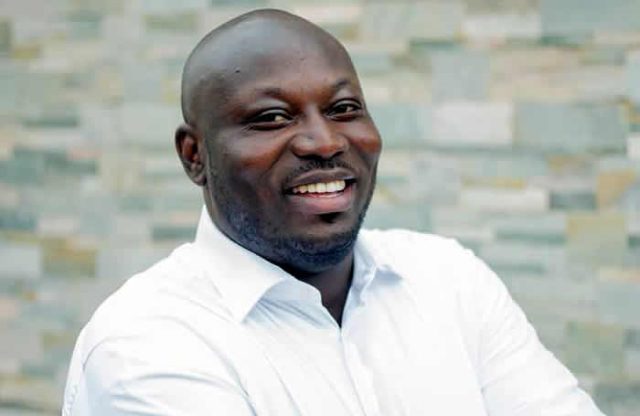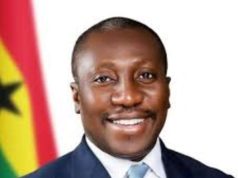Ghana’s Minister for Youth Development and Empowerment, George Opare-Addo, has forcefully dismissed speculation about his resignation as the National Youth Organizer of the opposition National Democratic Congress (NDC), declaring he retains the role despite also serving in government.
His remarks, made during an interview on Channel One TV’s Face to Face with journalist Umaru Sanda, sought to quash rumors of an internal party rift as the NDC prepares for a critical leadership congress next year.
“Let me be clear: I have not resigned. I am still the National Youth Organizer,” Opare-Addo stated, addressing claims that his ministerial duties had sidelined his party work. “When the time comes, I will not seek re-election, but until then, I am fully committed to both roles.” The clarification comes amid heightened scrutiny of NDC officials balancing government appointments with party positions—a dynamic critics argue risks diluting opposition oversight.
Opare-Addo, a key figure in the NDC’s youth mobilization strategy, emphasized continuity within the party’s leadership structure, confirming that his deputies remain in place. “Our team is intact. Transition plans are normal—when I step down, capable hands will take over,” he said, referencing the NDC’s tradition of cyclical leadership renewal. His confidence in the party’s “deep bench” of talent underscores preparations for the 2025 congress, where a new generation of leaders is expected to emerge.
The minister’s dual responsibilities have sparked debate about potential conflicts of interest, particularly as the NDC positions itself to challenge the ruling New Patriotic Party (NPP) in the 2028 elections. Opare-Addo, however, dismissed such concerns, framing his government role as nonpartisan. “In my ministerial office, I serve all Ghanaians. Poverty doesn’t care about your party,” he argued, detailing a grueling daily schedule split between his ministry and NDC youth wing duties.
Political analysts note the delicate balance Opare-Addo strikes reflects broader NDC strategy. By retaining experienced leaders in dual roles, the party aims to maintain cohesion while projecting governance competence. Yet critics warn the approach could strain transparency. “Serving two masters is never seamless,” said Accra-based political analyst Esi Atta. “The risk is that party loyalty might overshadow public accountability.”
For now, Opare-Addo appears undeterred. His insistence on juggling both roles signals the NDC’s intent to keep its grassroots machinery active while influencing policy from within government—a tightrope walk that will test his stamina and the party’s unity in the months ahead.
Send your news stories to newsghana101@gmail.com
Follow News Ghana on Google News














